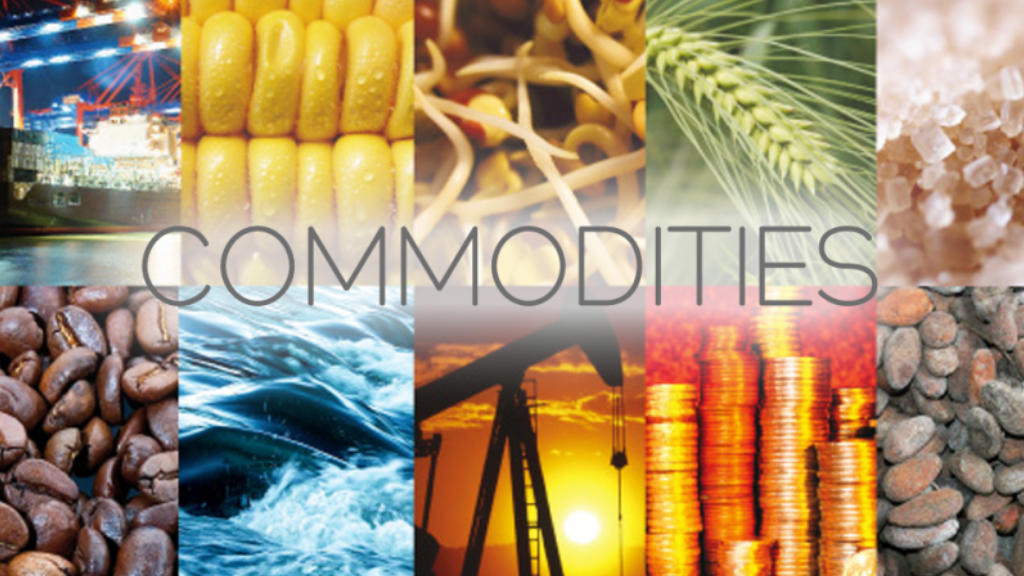The heads of government of Eurasian Economic Union (EAEU) countries have approved a program for developing trading on a Common Commodity Exchange, according to the Eurasian Economic Commission (EEC). The EAEU includes Russia along with Armenia, Belarus, Kazakhstan, and Kyrgyzstan. It has numerous free trade agreements with other countries, including Iran and Vietnam.
The EEC stated that “The agreement consists of four sections and includes general provisions, a system of measures, implementation mechanisms, and resource provision. The program envisions three stages—developing documents for forming the common exchange market, implementing pilot projects and conducting simulated trading, and launching full-scale operation of the exchange market by 2029.”
The program includes 14 measures, including developing and adopting an international treaty on forming the common commodity exchange market, agreements between trading organizers and infrastructure organizations, acts of EAEU governing bodies, and protocols between trading organizers.
Common commodities generally refer to either ‘hard’ commodities, which are mined or extracted from the earth, or ‘soft commodities,’ which are agricultural products such as corn and livestock. They typically include:
- Energy: crude oil, natural gas, and heating oil
- Precious metals: gold, silver, and platinum
- Base metals: copper, aluminum, and zinc
- Agricultural commodities: corn, soybeans, and wheat
- Livestock: cattle, hogs, and poultry
Such an exchange would probably be based in Kazakhstan and would boost intra-EAEU trade while also allowing some measures of financial protection for EAEU farmers and agricultural producers, as futures contracts can help protect well-being in the event of harvest problems while also regulating produce quality. There have also been discussions about potentially developing a similar BRICS Commodity Exchange.
Further Reading
Eurasian Economic Union GDP Growth Projected To Average 6% Between 2025 and 2030

 Русский
Русский













